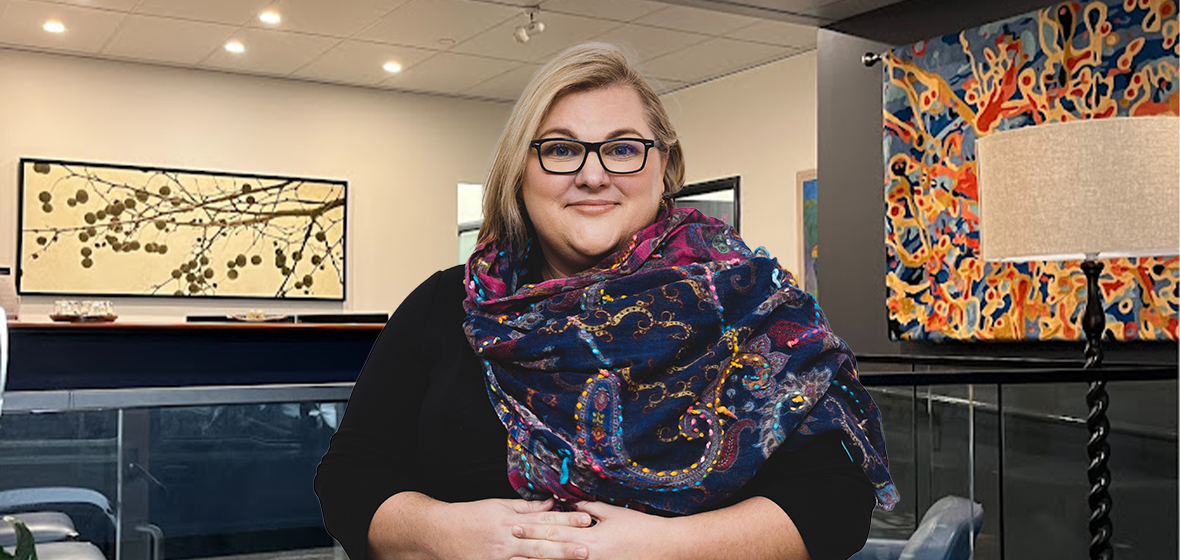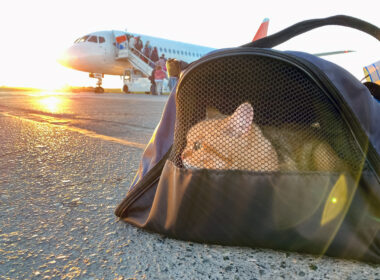Claire Booth has created a regional law practice in a unique format that provides her, her staff and clients with work/family balance and offers employment to people living in urban areas.
By the time Booth sits down for our interview at 7 o’clock on a crisp late spring morning in Dubbo, the 40-year-old mother of two has already been at her desk for two hours.
The pre-dawn starts are testament to Booth’s determination to achieve that all-to-often elusive work/family balance – something that’s become the holy grail of post-pandemic professional life.
A “life-changing experience” for Booth was undertaking a 16-week Nuffield Scholarship, a program that affords primary producers the chance to travel the globe studying a particular facet of agriculture. This was the spur for Booth, who is also part of a family farming operation, to pivot away from a comfortable and successful position with a respected regional legal firm in early 2022 and set up her own practice and chambers in Dubbo.
CO Booth Law and Advisory, a departure from the profile of a traditional legal practice, represents a new paradigm in the working environment.
Build it and they will come
“Operators at the big end of town are all working condensed working weeks, there’s a shortage of labour, and, in a post-pandemic world, people are really valuing their uninterrupted family and leisure time,” Booth explains. “They understand that they can work in a different way from the traditional 8am to 5pm day.”
In considering the challenge of how to attract highly skilled professionals to the Central West of NSW, she realised the answer lay in a “build it and they will come” approach.
“It wasn’t about asking people to move out here, it was about creating a business that enabled me to engage with the places where the skills are.”
“It wasn’t about asking people to move out [to the regions], it was about creating a business that enabled me to engage with the places where the skills are.”
To that end, Booth – who specialises in family estate and succession planning – has crafted a completely remote law firm which she says enables her to import skills from metropolitan areas, with the hope of creating local workers through immersion, “through enjoying the kind of work we do.”
Booth adds, “and when they come out here once a month, hopefully they realise it’s a really cool place to live and choose to call Dubbo or somewhere [else] in the Central West home.”
According to Booth, and based on her own experience, it’s about creating a place in which people have the choice to work either as an employee or as a consultant.
“In order to attract really good lawyers, I needed to set up a business structure and a physical space where people could make that choice.”
Part of offering real choice is the inclusion in CO Booth’s family-friendly physical space of a dedicated area for children. In the early morning hours, the room is all quiet if charmingly messy, but come mid-afternoon it’ll be a hive of after-school activity. Even with the advent of soundproofing, the practice deliberately doesn’t take clients after 3.30pm, so as to maximise the experience of not only her children but also those of the resident professionals and their clients.
“Families have children, and people need a choice as to whether their children go to after school care or not,” says Booth, whose own children often avail themselves of the working space, which is decked out with all the necessities: food, toys and television.
An inclusive practice
“I wanted this to be an inclusive practice not only for staff but, for instance, for those clients who have the care of children but need to be involved in the succession planning process. I didn’t want anyone to be excluded because they felt they couldn’t bring children along. Again, it’s about providing choice and access.”
“I didn’t want anyone to be excluded because they felt they couldn’t bring children along. It’s about providing choice and access.”
Booth’s fledgling practice breaks the conventional mould. While she believes there will always be a place for the traditional legal practice, in her view the tilt in the legal fraternity’s working environment has been fundamental.
“There’s a reason that traditional model has worked so well for so long, but I think we’re seeing a shift,” she says, citing the increasing representation of women graduating as lawyers. “Women who have had their children and are deciding how they’re going to work are realising that, just because things have traditionally been done one way, it doesn’t mean they can’t be done differently now.”
Once described by a colleague as being like a little fox terrier – “I don’t like to lose and I don’t give up” – Booth speaks with a forthrightness and clarity that can be disarming. But she’s had to work hard on that air of self-assurance. Challenging the status quo hasn’t been an easy road to hoe, she concedes.
She credits taking a “confidence course” with giving her the courage to take the leap of faith and strike out on her own, and she’s quick to offer her own experience as counsel for others.
“Doing something different in a regional centre can be a lonely road. If anyone wants to pick up the phone and ask for help or moral support, I’d really like them to contact me, because I had no idea how hard it would be.”




